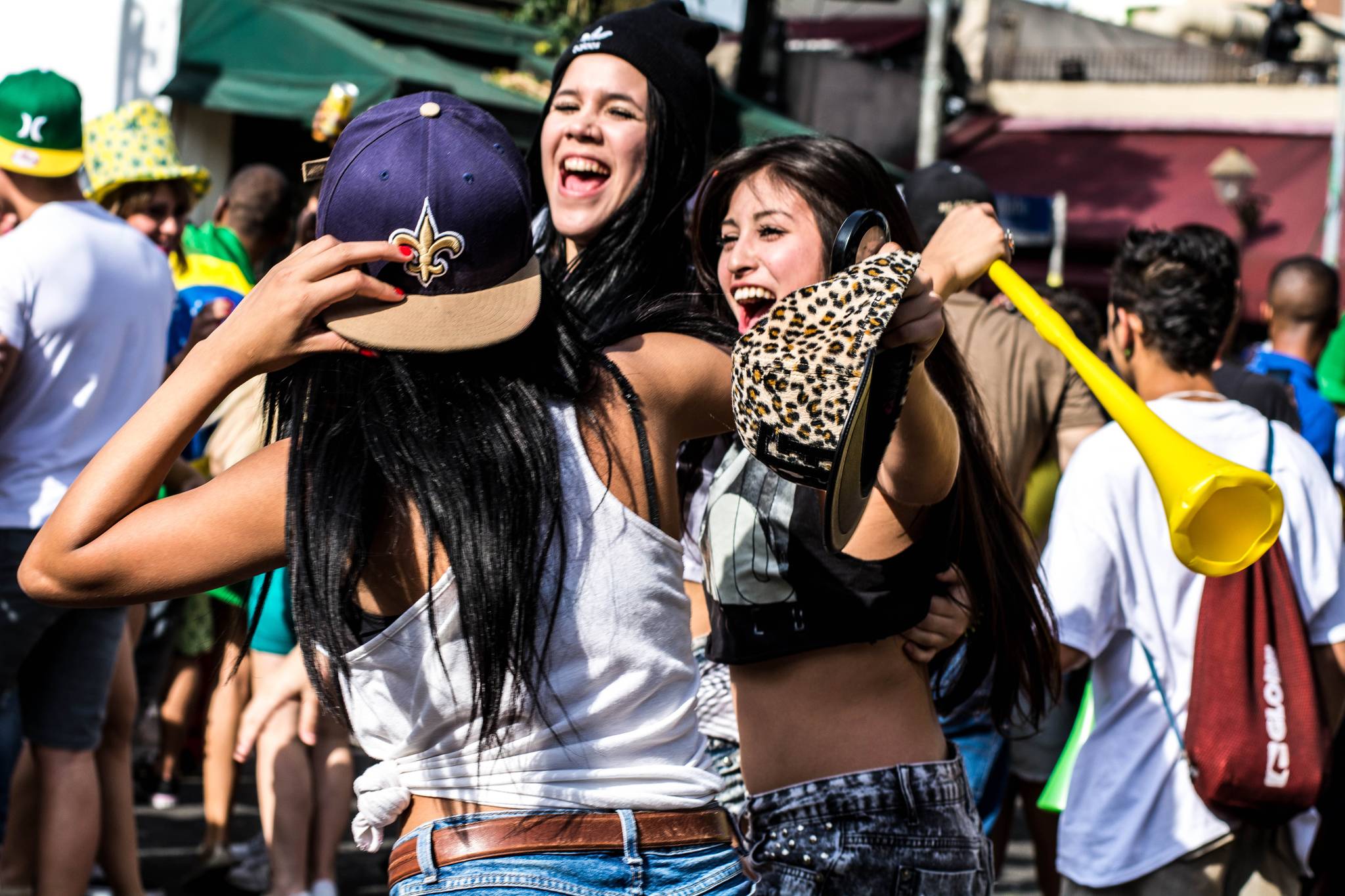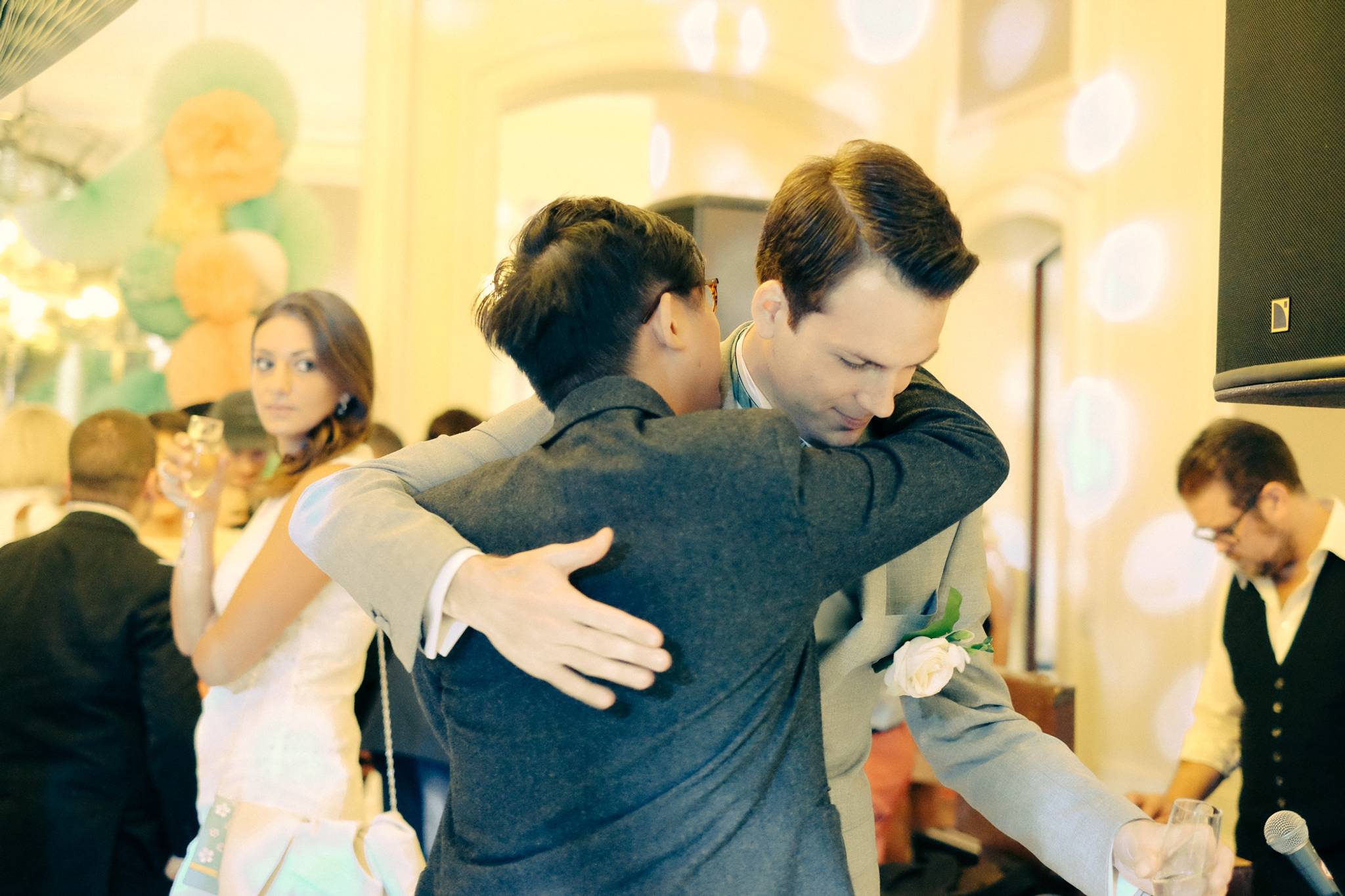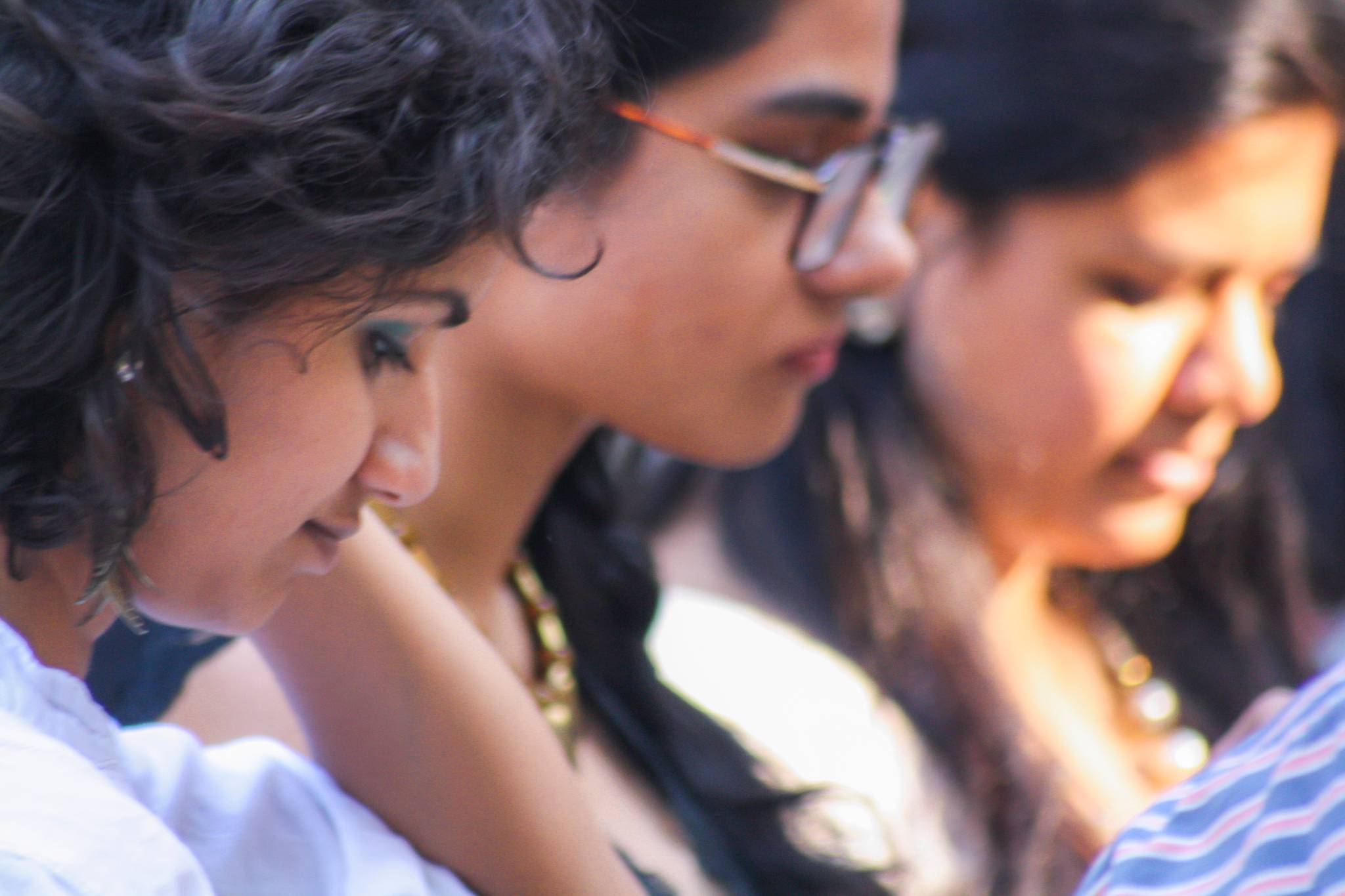
Valentine’s Day has long been controversial, as public holidays go. While bars and restaurants are transformed into veritable love nests, many a single soul is left feeling bitter, unlovable or – at the very least – left out. Perhaps this is why fictional holiday ‘Galentine’s Day’ – declared by Leslie Knope of US series Parks and Recreation as “only the best day of the year” – has now become a fixture in real world calendars.
Urban Dictionary defines ‘Galentine's Day’ as a day 'you celebrate your love for your lady friends, single or not'. And although it was initially born in 2010 as nothing more than a skit in the script of Parks and Recreation, it’s now taking place in real life on February 13th. "Galentine’s Day is the best," says 30-year-old Lucy. "Two girlfriends and I drank prosecco and sloe gin whilst watching Bridget Jones, eating whole pizzas to ourselves."
The holiday hits following Taylor Swift’s popularisation of #squadgoals, in a social media-infused landscape where friendship has taken on a more tangible role than ever. After all, with 28% of all online activity spent on social platforms, we’ve never been more constantly connected to our nearest and dearest, which is especially important for young women. “Girls are inherently relational,” says relationship expert Dr Tara Cousineau. “They manage their stress by using a coping strategy called ‘tend and befriend’. It’s a survival strategy, for females in particular, in addition to the natural fight or flight response that all humans have."
And while it’s especially relevant to women, both genders are showing appreciation for intimacy in same-sex friendships; while 11% of 18- to 24-year-old women are planning on spending Valentine’s Day itself with a friend over a spouse, 15% of men are, too. “Things are changing,” says therapist Kenny Mammarella D'Cruz. “It’s not such a big deal for a boy to appear feminine or geeky. Boys and men might discuss things with each other now. It’s a totally different paradigm.” And at a time when divorce rates are up, and app-based dating has permanently changed the way we perceive the concept of ‘the one’, lifting the pressure off romantic relationships is not only joyful, but necessary.
Isabel Pickard is a Psychology graduate currently based in Warwickshire. She has an avid interest in human behaviour and is curious to explore this in new and diverse cultures.
Lore Oxford is Canvas8's deputy editor. She previously ran her own science and technology publication and was a columnist for Dazed and Confused. When she’s not busy analysing human behaviour, she can be found defending anything from selfie culture to the Kardashians from contemporary culture snobs.



